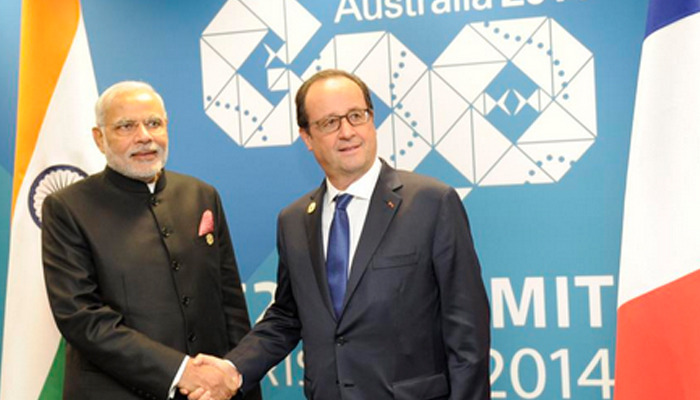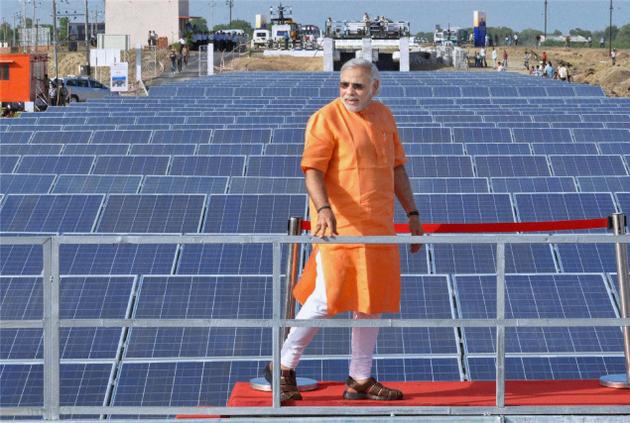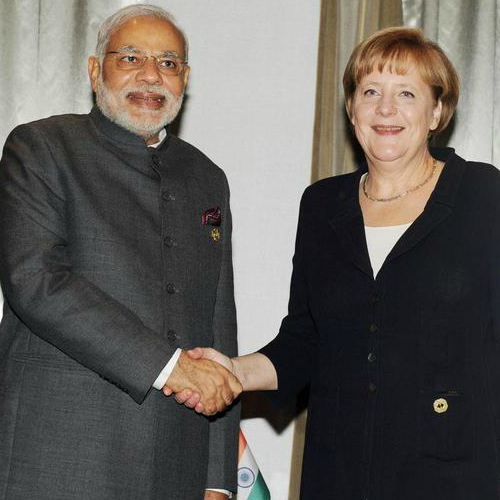
Rafale deal may get push during Modi visit: India’s ex-envoy
India and France forged strategic partnership in 1998, which has steadily expanded to include a host of new areas. Defence cooperation forms the bedrock of this vital relationship. In this interview with Manish Chand, Editor-in-Chief, India Writes Network (www.indiawrites.org), Mr Rakesh Sood, India’s former ambassador to France, speaks about the prospects of the mammoth Rafale deal, possibilities of bilateral cooperation in the crucial Indian Ocean region and how the burgeoning strategic ties are complemented by cultural bonding.
(Excerpts from the interview)
Q) France is betting big on the Rafale deal. Do you see a closure of this deal in the near future do you think that the Modi-Hollande meeting will give the political push for the closure of the deal?
A) I am quite sure the prime minister’s meeting in Paris with the French president will give the push. These negotiations have been going on for sometime; understandably these are some complex negotiations and we are also moving into new areas on life cycle costing and so on, which are a new experience for us. And there can’t be a bigger political push than a summit-level meeting between the prime minister and the president.







